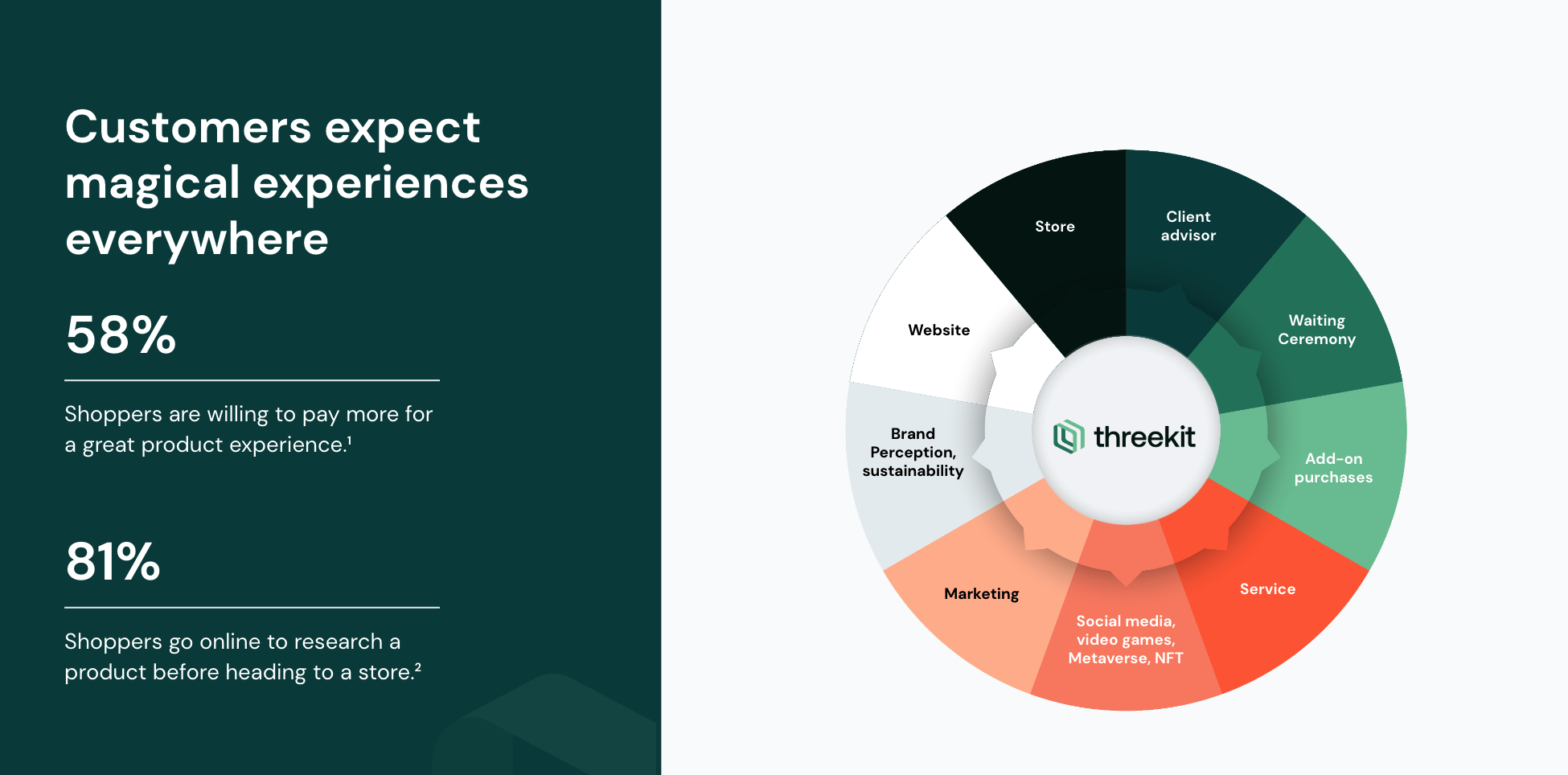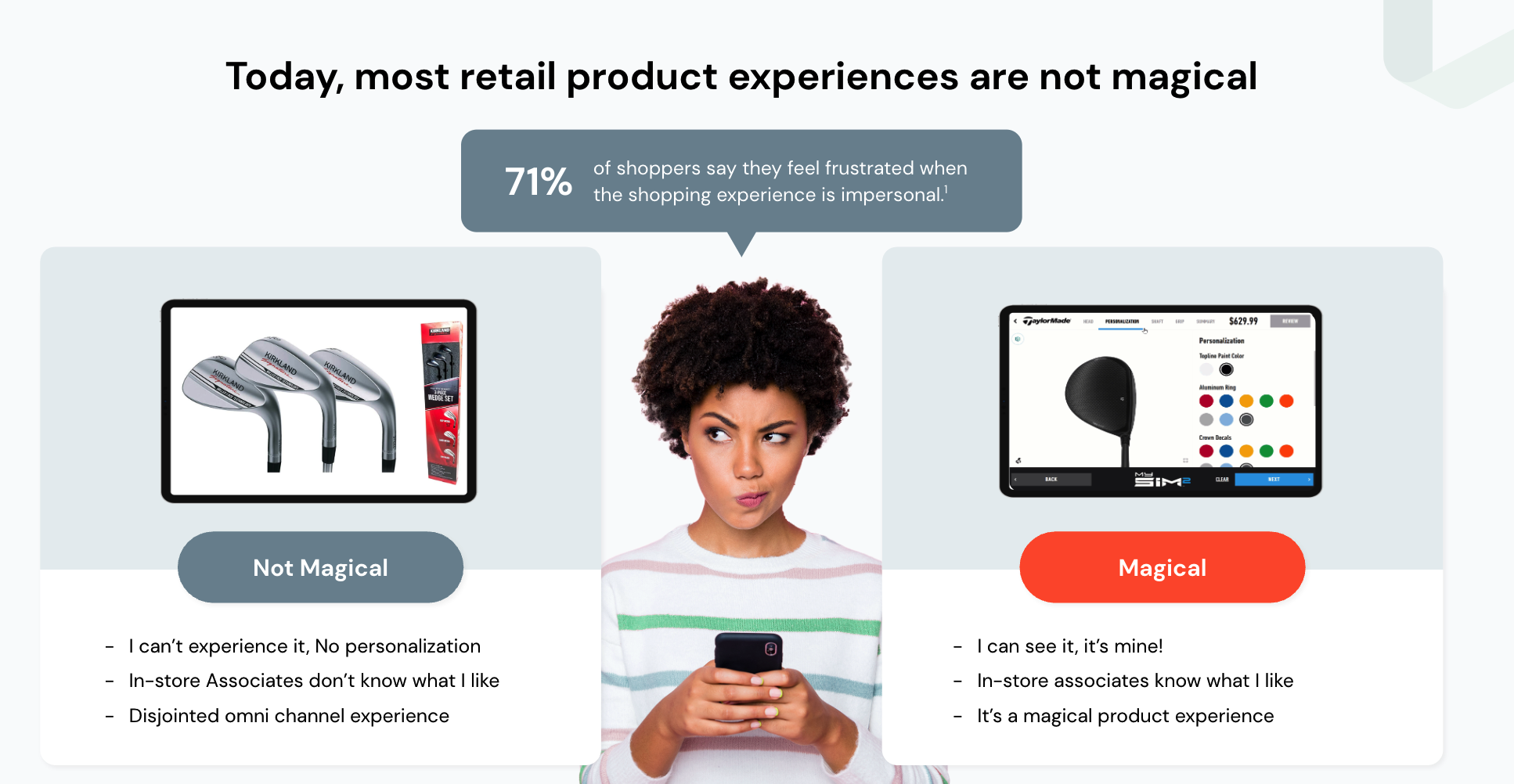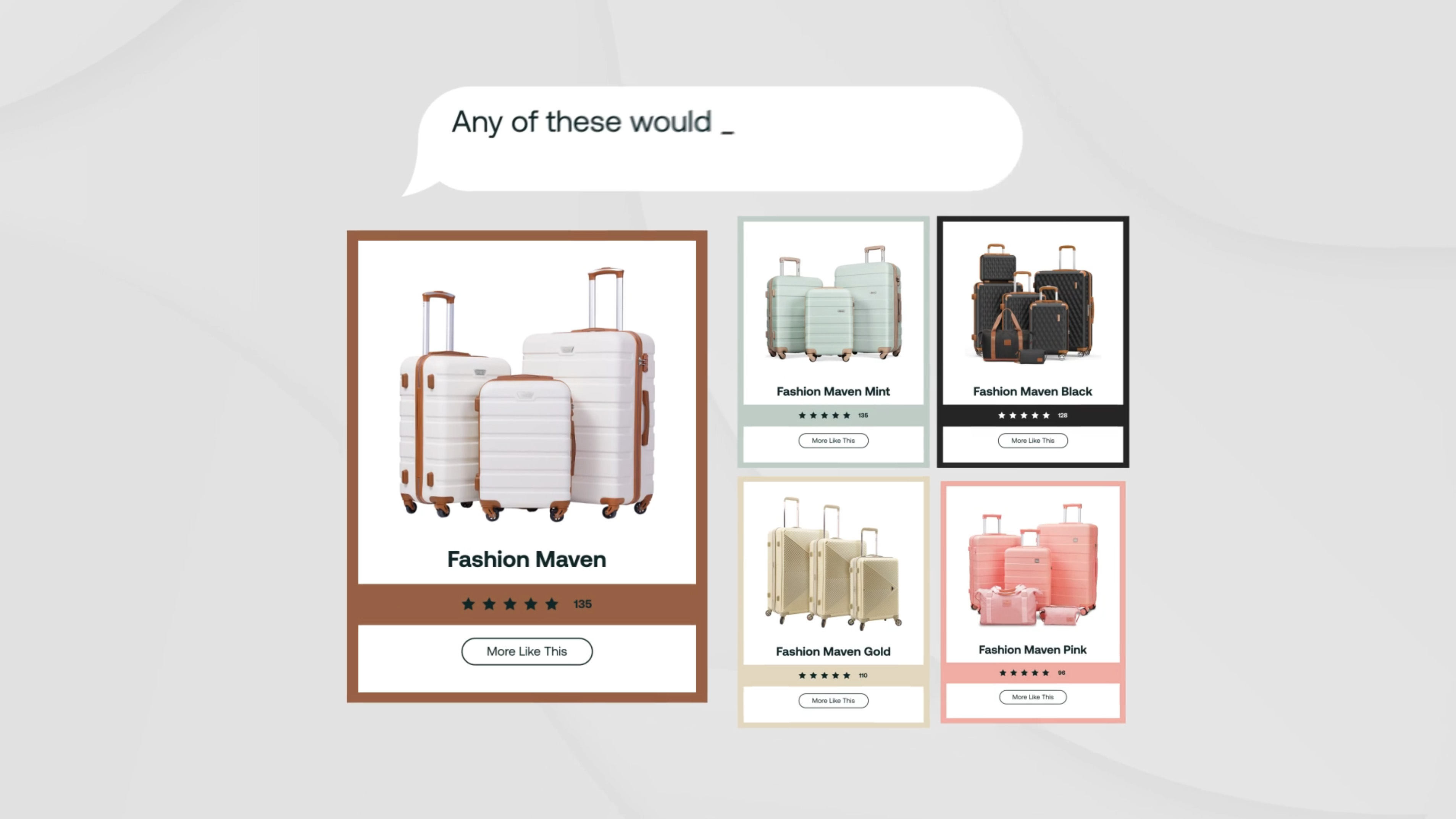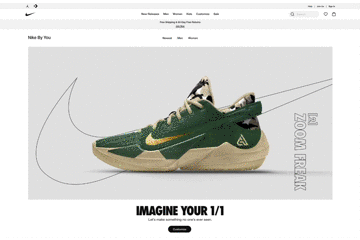Unleashing the Power of Customization: Sell More & Boost Satisfaction
Personalization is becoming an increasingly important aspect of retail. According to a study by Epsilon, 80% of consumers are more likely to do business with a company that offers personalized experiences.
Key Takeaways
- Product customization offers consumers the ability to personalize a product.
- Customization boosts the likelihood of sales, increases customer engagement, and reduces the rate of product returns.
- Customized products are less likely to be sold on secondary markets.
- Consumers are willing to pay an increased cost for customized products.
As consumers look for unique and personalized experiences, businesses must adapt to meet their demands. In this blog post, we'll explore why retail businesses should offer personalization and how it can help them grow and succeed.

Meet the Demand for Personalized Products
Consumers are looking for products that are tailored to their individual preferences and needs. A survey by Dynata found that 84% of consumers are more likely to buy from a company that provides a personalized experience.
By offering personalization as a unique ecommerce customer experience, businesses can meet this demand and stand out from the competition. Personalized products are also more likely to be treasured and kept, as they have a unique significance to the buyer.
Personalization is a High-Margin Upsell
Personalization is often a high-margin upsell opportunity. Consumers are willing to pay extra for products that are unique and tailored to their needs; because the manufacturing capability is there, there is very little or zero marginal cost to the business to customize.
This makes personalization a valuable addition to any business's product lineup, as it can help to increase overall profit margins.
Decrease Return Rates with Personalization
Personalized products are non-returnable, unless damaged. This helps businesses to reduce the amount of returns and increase customer satisfaction.
By offering personalization, businesses can build stronger relationships with their customers and create a sense of loyalty.
Better Control Over the Secondary Market
Personalized products often have a lower value in the secondary market. This means that consumers are less likely to be able to re-sell their products, making them more likely to buy new.
This can be especially beneficial for luxury brands, as it encourages customers to purchase new products directly from the brand, rather than relying on the secondary market.
Sell more via Direct to Consumer (D2C) While Preventing Channel Conflict
Personalization can be a different SKU at a higher price point, which can prevent channel conflict with retailers, distributors, or resellers.
Businesses can sell their products through multiple channels, including D2C, without worrying about alienating their distributors by offering the same exact product. This allows businesses to reach more customers and increase their overall revenue.
Defend Against Amazon and Other Retailers
A survey by Segment found that personalization can increase customer loyalty by up to 39%. Yet personalization is not available on Amazon and other large retailers.
This means that consumers are more likely to purchase personalized products directly from the brand, rather than relying on third-party sellers. This can help you differentiate and win more customers.
Ease of Use with Threekit
With Threekit's product configurator, which integrates seamlessly with existing business software, making your products personalized through controlled options is easy.
Boost your ecommerce customer experience by incorporating Threekit into your digital product catalog. With just a few clicks, your products can be rendered in 3D, with options to change color, material, size, and more.
According to a study by Salesforce, 75% of consumers expect companies to understand their needs and provide relevant product recommendations. Personalize the shopping experience itself through the power of AI Visual Discovery, which creates a guided buying experience for your consumers by offering personalized product recommendations.
Conclusion
Product personalization is an excellent opportunity for retail businesses. By offering personalization in products and the shopping journey, businesses can meet the demand for unique products, increase their margins, reduce returns, and build stronger relationships with their customers.
So why not embrace product personalization and make it your own? Contact us to find out how easy it is to transform the ecommerce customer experience for your brand.



